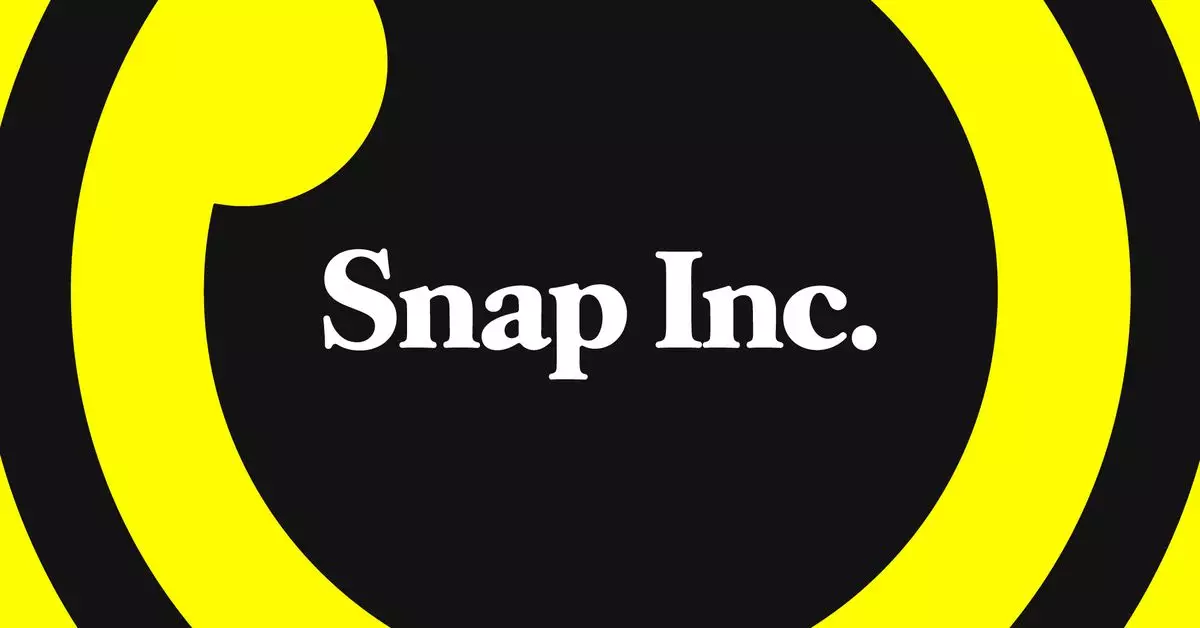The Ninth Circuit Court of Appeals recently revived a lawsuit against the anonymous messaging service Yolo, alleging a breach of their promise to unmask bullies on the platform. The court ruled that Section 230 of the Communications Decency Act should not prevent a claim that Yolo misrepresented its terms of service, overturning a previous decision. However, the court also determined that the app cannot be held liable for alleged design defects that enabled harassment, upholding part of the lower court’s ruling.
Yolo, a Snapchat-integrated app, faced legal action after a teenage user, Carson Bride, took his own life following harassment from anonymous users. Bride and his family attempted to seek help from Yolo, but the company allegedly failed to respond to their inquiries. Snap ultimately banned Yolo and another app involved in the lawsuit, leading to a broader ban on anonymous messaging integration. Bride’s family and other affected parents argued that Yolo had violated a binding promise to users, claiming the company did not follow through on its commitment to ban inappropriate behavior and unmask harassers.
The lower court initially dismissed the claims against Yolo, citing Section 230 protections for online platforms. However, the appeals court took a different stance, acknowledging that Yolo may have misled users by failing to enforce its terms of service. Judge Eugene Siler, Jr. noted that while content moderation could have helped prevent the harassment, the core issue was Yolo’s failure to fulfill its promises to users. This ruling reflects a growing trend of challenging Section 230 protections in cases involving user-generated content and platform liability.
The Ninth Circuit’s decision to allow the lawsuit against Yolo to proceed signals a potential shift in online platform accountability. By holding companies responsible for failing to uphold their content policies, users may have a new avenue for legal recourse against services that do not adequately moderate user behavior. However, critics argue that imposing liability for content moderation failures could have far-reaching consequences for internet companies, potentially leading to a flood of similar lawsuits.
The legal battle surrounding Yolo highlights the complexities of regulating online platforms and the evolving interpretations of Section 230 immunity. While the Ninth Circuit’s ruling may offer some hope for increased accountability, it also raises concerns about the potential chilling effect on digital innovation and free expression. As technology continues to advance, the legal landscape governing online speech and platform responsibility will likely remain a contentious and evolving area of debate.

